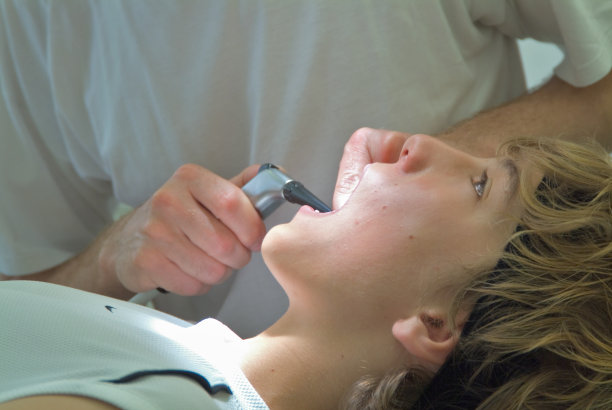Essential Precautions to Consider Before and After Dental Filling Treatments for Optimal Oral Health and Recovery
Summary: Dental fillings are an essential procedure for maintaining oral health and repairing cavities, but proper precautions must be taken to ensure optimal recovery and effectiveness. This article delves into four key aspects of dental filling treatments: pre-treatment preparations, post-treatment care, dietary considerations, and follow-up practices. By understanding and following these precautions, patients can enhance their oral health and facilitate effective recovery. Each aspect will provide insights into what to expect during the dental filling process and how to ensure lasting benefits. This comprehensive guide acts as a resource for patients to navigate their dental care effectively.
1. Preparations Before Dental Filling Treatments

Prior to undergoing dental filling treatments, it is crucial to consult with your dentist to discuss your medical history and any medications you may be taking. This information can significantly influence the type of anesthesia used and the overall treatment plan. Knowing your medical background helps dentists anticipate any complications that could arise during the procedure.
Additionally, consider seeking a second opinion if youre uncertain about the necessity of the filling. Sometimes, dentists may recommend procedures that may not be immediately necessary. Having clarity on your treatment options can make you more comfortable when making decisions regarding your oral health.
Finally, ensuring a clear schedule on the day of the appointment can alleviate stress. Arriving at the clinic well-rested and relaxed can positively influence your overall experience. By managing your time effectively, you can create a more favorable atmosphere for the treatment.
2. Best Practices Following Dental Filling Treatments
Post-treatment care is vital for ensuring a smooth recovery. One of the most important practices is to avoid eating immediately after the procedure, especially if anesthesia was used. This precaution helps prevent accidental biting of the cheeks or tongue while the numbness remains. Waiting at least two hours before resuming eating can mitigate this risk.
Another key aspect of post-treatment care is maintaining good oral hygiene. While it might be tempting to neglect brushing and flossing, it is essential to continue following your daily oral care routine. However, be gentle around the newly filled area until it has completely set. This helps in avoiding any discomfort while ensuring that your mouth remains healthy.
Lastly, pay attention to any unusual symptoms post-treatment. Discomfort, prolonged sensitivity, or swelling could indicate a complication. If any of these issues arise, contacting your dentist promptly can facilitate timely intervention and prevent further problems.
3. Dietary Considerations for Optimal Oral Recovery
Diet plays a significant role in post-treatment recovery after dental fillings. Initially, sticking to soft foods can help ease any discomfort in your mouth while allowing the filling to set properly. Foods such as yogurt, mashed potatoes, and smoothies can provide necessary nutrients without causing stress on the filling.
Avoiding sticky or hard foods for a few days after treatment is also advisable, as these can dislodge or damage the filling. For instance, chewing gum or hard candies may lead to unintended complications, such as loosening the newly placed filling.
Staying hydrated is equally important. Drinking plenty of water supports your overall health and aids in the healing process. Additionally, avoid beverages that may cause sensitivity, such as hot coffee or very cold drinks, until your mouth has fully adjusted after the filling procedure.
4. Importance of Regular Dental Check-Ups
Regular follow-ups with your dentist are vital after receiving a dental filling. Ideally, you should schedule a check-up within a few weeks post-treatment to allow your dentist to assess the fillings integrity and ensure it is functioning correctly. This visit can catch any potential issues early on, averting larger problems in the future.
Besides post-treatment check-ups, routine dental visits every six months are crucial for maintaining overall oral health. During these visits, dentists can evaluate your fillings, ensure no decay is forming around them, and perform necessary cleanings. Staying proactive in your dental care can lead to longer-lasting fillings and better oral health.
Finally, maintaining a journal of your dental experiences can aid in communicating more effectively with your dentist during check-ups. Notes regarding any discomfort or changes in sensitivity can provide valuable insights for your ongoing treatment plan.
Summary:
In conclusion, maintaining optimal oral health and ensuring successful recovery from dental filling treatments requires thoughtful consideration of several factors. By preparing adequately, adhering to post-treatment practices, being mindful of dietary changes, and committing to regular check-ups, patients can significantly enhance their dental health.
This proactive approach not only improves the longevity of dental fillings but also contributes to a favorable overall oral health environment. Taking these essential precautions helps make dental care a smoother, more efficient process.
This article is compiled by Vickong Dental and the content is for reference only.



